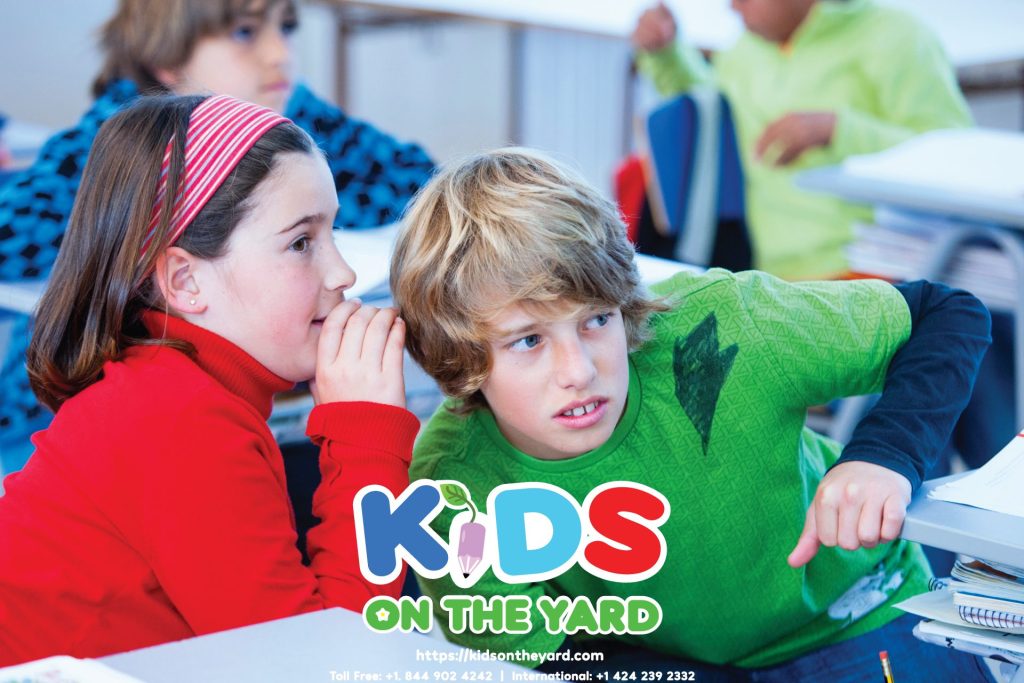|
Audio Article
|
Asking questions keeps us curious. Beyond curiosity, consistent inquiries drive our intellectual growth by opening doors to new knowledge, challenging our assumptions, and inspiring deeper exploration.
Through the art of asking questions, we stay engaged, think critically, develop reasoning skills, build relationships, and understand ourselves more deeply.
Read on to discover how to become a professional questioner, expert inquirer, or connoisseur of curiosity using questioning techniques.
Questioning for Engagement
Questions are effective teaching tools that encourage deeper thinking and active participation. Here are some strategies to enhance classroom engagement:
- Open-Ended Questions: These questions encourage more than yes-or-no answers. For example, “What might happen if this story took place today?” allows students to explore creative possibilities.
- Socratic Questioning: This method uses a series of questions to challenge assumptions and guide students to deeper insights. For instance, “Why did the author choose this setting?” followed by “How does the setting influence character behavior?”
- Reflective Questions: After a lesson, ask questions like “What surprised you most today?” to help students reinforce new knowledge and consider their learning process.
- Inquiry-Based Learning: Questions drive the learning process. A question like “How can we reduce ocean plastic?” encourages students to research, evaluate sources, and develop solutions.
- Question Chain: Start with a broad question and link it to more specific ones. For example, “What are the effects of climate change?” followed by “How might it impact our local ecosystem?”
- Wait Time: After asking a question, allow students to think before answering. This approach values thoughtful responses over quick reactions.
With these questioning strategies, educators can create a dynamic learning environment that fosters curiosity and critical thinking.

Developing Critical Thinking
Critical thinking involves examining and analyzing information. Questions play a crucial role in developing this skill:
- Analytical Questions: Ask “Why is this important?” or “How does this connect to what we know?” to encourage students to find meaning and establish relationships between ideas.
- Evaluation Questions: Prompt students to judge information critically with questions like “Do you agree with the author’s argument?” or “What evidence supports your perspective?”
- Hypothetical Questions: “What would happen if…?” encourages students to explore potential outcomes and consequences, promoting creative thinking.
- Clarification Questions: When students ask for clarification, they explore complexities and deepen their understanding.
- Metacognitive Questions: Questions like “What steps did I take to solve this problem, and why?” encourage self-awareness and help students evaluate their thinking process.
These questioning techniques guide learners to cultivate critical analysis and reasoning skills, transforming them into adept thinkers.

Questioning Techniques Model Analysis
The QUEEN model outlines key elements of effective questioning:
- Questioning involves framing queries that probe beyond the surface, such as “Are there any unseen factors affecting this situation?”
- Understanding promotes comprehension by encouraging learners to explain concepts in their own words.
- Evaluating prompts critical scrutiny of information, asking “What makes this data credible?” or “How does this argument hold up under scrutiny?”
- Explaining focuses on clear communication of findings and reasoning.
- Neoteric Thinking encourages creativity and innovation, inviting learners to imagine new possibilities with “What if?” questions.
This model creates a framework that fosters critical thinking and empowers learners to take ownership of their cognitive journey.
Practical Applications in Education
Here are some practical methods for integrating questioning techniques in education:
- Think-Pair-Share: Pose a question, allow individual reflection, then pair students for discussion before sharing with the class.
- Project-Based Learning: Start with a central question that evolves into investigative queries as students research and develop solutions.
- Question Circles: Arrange students to discuss a thought-provoking question in a circle, encouraging each to contribute additional questions or answers.
- Role-Playing: Have students assume different perspectives to explore and question various viewpoints.
- Digital Discussion Boards: Use technology to extend questioning beyond the classroom, allowing asynchronous participation.
- Self-Reflection and Peer Assessment: Encourage students to evaluate their learning using questions like “What do I still want to know about this topic?”
These methods can help create an environment where questioning leads to deeper understanding and sustained curiosity.
Effective questioning techniques transform students into active learners, fostering critical thinking and engagement in the educational process.
- Le QX, Dang TH, Nguyen QT, et al. Undergraduate students’ critical thinking skills in the digital age: A systematic review. Think Skills Creat. 2022;43:100990.
- Khodary MM, AbdAllah AM. Developing EFL students’ critical reading skills through a suggested critical reading program. Theory Pract Lang Stud. 2014;4(11):2309-2321.
- Zin ZM, Eng WB. Relationship between critical thinking dispositions and critical reading skills of Malaysian ESL learners. Asian EFL J. 2014;16(3):41-68.
- Wilson K. Critical reading, critical thinking: Delicate scaffolding in English for Academic Purposes (EAP). Think Skills Creat. 2016;22:256-265.
- Bean JC, Melzer D. Engaging Ideas: The Professor’s Guide to Integrating Writing, Critical Thinking, and Active Learning in the Classroom. John Wiley & Sons; 2021.
Frequently Asked Questions:
What is the importance of questioning in teaching?
Questioning encourages deeper thinking, active participation, and curiosity. It helps students engage with material, explore perspectives, and develop critical thinking skills.
What are some effective questioning strategies to enhance engagement?
Open-Ended Questions: Encourage creative responses, e.g., “What might happen if this story took place today?”
Socratic Questioning: Use questions to challenge assumptions, e.g., “Why did the author choose this setting?”
Reflective Questions: Reinforce learning by asking, e.g., “What surprised you most today?”
Inquiry-Based Learning: Drive lessons with problem-solving questions, e.g., “How can we reduce ocean plastic?”
Question Chain: Start broad and narrow down, e.g., “What are the effects of climate change?” → “How might it impact our local ecosystem?”
Wait Time: Allow students to think before answering for deeper responses.
How can questioning develop critical thinking?
Analytical Questions: Foster connections, e.g., “Why is this important?”
Evaluation Questions: Encourage judgment, e.g., “What evidence supports your perspective?”
Hypothetical Questions: Promote exploration, e.g., “What would happen if…?”
Clarification Questions: Deepen understanding, e.g., “Can you explain this further?”
Metacognitive Questions: Encourage self-reflection, e.g., “What steps did I take to solve this problem, and why?”
What is the QUEEN model, and how does it help?
The QUEEN model outlines elements for effective questioning:
Questioning: Frame meaningful, probing queries.
Understanding: Promote comprehension through explanation.
Evaluating: Encourage critical judgment, e.g., “What makes this data credible?”
Explaining: Communicate findings clearly.
Neoteric Thinking: Inspire innovation, e.g., “What if?” questions.
This framework fosters creativity, critical thinking, and ownership of learning.
What are some practical ways to integrate questioning techniques in education?
Think-Pair-Share: Students reflect individually, discuss in pairs, then share with the class.
Project-Based Learning: Center learning around a guiding question that evolves through research.
Question Circles: Collaborative discussions where students add or answer questions.
Role-Playing: Explore multiple viewpoints by adopting different roles.
Digital Discussion Boards: Extend classroom discussions online for asynchronous participation.
Self-Reflection and Peer Assessment: Use evaluative questions like “What do I still want to know about this topic?”
How does wait time enhance questioning?
Allowing a pause after asking a question gives students time to think and form thoughtful responses, leading to richer engagement and better understanding.
How can questioning lead to lifelong learning?
By fostering curiosity, critical analysis, and problem-solving skills, effective questioning encourages students to approach challenges thoughtfully, paving the way for ongoing learning and adaptability.


